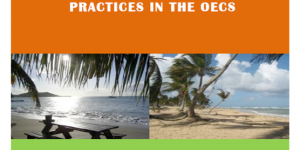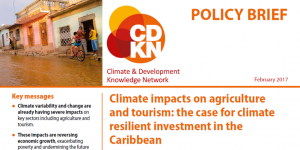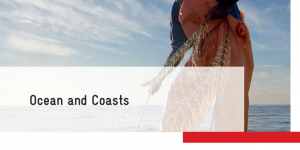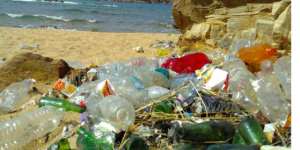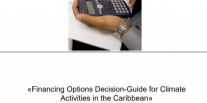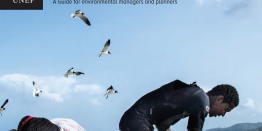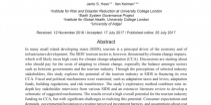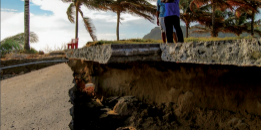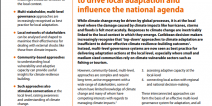Access: Official
Description
As the island and coastal nations of the Caribbean respond to and prepare for the effects of climate change, tourism has the potential to both exacerbate and mitigate these effects. In the four volumes of this collection, we look at the role of coastal and marine tourism in the Caribbean and several similar regions, considering the impacts of the tourism sector on marine and coastal environments and on the biological and human communities that depend on them. We also explore the way the tourism industry is responding to climate change, and how various sectors are adapting and preparing for the changes yet to come. Through essays and case studies by scientists, entrepreneurs, NGO leaders, and resource managers, we show that marine and coastal tourism have the ability to lead the way when it comes to reducing human-induced climate impacts, protecting and restoring crucial ecosystems and habitats, and building sustainable futures for the people of the Caribbean and beyond. In this book, the third of four volumes, we look specifically at marine tourism and its connections with ocean health, fisheries, and critical ecosystems including coral reefs. We also consider the important role that marine protected areas can play in preserving coral reefs and other ecosystems, leading to greater resilience in the face of the environmental and economic impacts of climate change. Finally, we look at some examples of how the tourism industry is responding to climate change, using its economic and social capital to foster positive change in the Caribbean and other parts of the world.

